- Learning time
- 60 minutes
- First play time
- 150 minutes
Ragusa
Designed by: Fabio Lopiano
Ragusa – ancient moniker for the now-named Dubrovnik in Croatia – is a game that begins way back in time, when the city was first being built. You, the players, represent the well-to-do members of this infant sprawl, and take part in its construction. When the city is finished, so is the game, and the most productive player will be the winner…
The board shows the city and surrounds and, you will see, is broken into hexagons. At the start of the game turns are very simple: place one of your wooden houses at an intersection of hexagons, and collect the rewards from every hex you are adjacent to: there are rural hexes for wood, stone, grapes, olives, silver, and coastal hexes for fish. How many you have are tracked on a small individual player board, but it’s important to remember these resources are never “spent”, but considered a continuous, unbroken supply. Another key rule is that there are building restrictions: you can’t place a second house around a rural hex unless you have a supply of two wood (or indeed a third unless your wood supply is up at three, and so on). Fortunately, the act of placing a house instantly triggers that supply. The same building regulations apply in the city, only instead of wood, you need stone.
The city hexes are where the game gets interesting. Here, instead of simply getting stuff, you can start putting your resources to work: turning grapes into wine, olives into oil, and silver smelting into bars of metal. Or you can sell your resources on the docks for points. There are other options, too: building the city wall (for points!), picking up Palace cards that, you hope, will score you end-game bonuses, or trading on the docks: turning your wine, oil or silver into goods from afar by picking up ship cards from a display. These will score points instantly, but potentially combine with your palace cards for whopping bonuses come the end of the game.
But. There’s a considerable caveat to all this harvesting, production and trade, and that is the activation rule. Eight of the cities ten hexes, when a house is added, will trigger every house already on the hex, going clockwise from the active player. This means that when you want to make oil from olives, say, you need to consider if your opponent’s houses are present too, and how much they stand to benefit from you taking this action. As the game progresses, each hex gets busier, and more and more activations are triggered!
The game ends when everyone has placed their last house on the board, at which point there is some final scoring: for your longest unbroken chain on the city wall (walls, houses and towers), for any Palace cards you have, and for every set of resources you have in your supply multiplied by the amount of houses – if any -around the cathedral. These scoring opportunities mean there are several strategies to be explored in the game – build around the cathedral, and gather as many resources as you can? Trade heavily at the harbour for points and goods that combine with your Palace cards? Or spread widely and play a more reactive, tactical game…
Note that there are some extra considerations for a two-player game, where each player gets two Powerhouses that activate as many times as there are houses around a hex, and don’t reward opponents at all!
The guru's verdict
-
Take That!
Take That!
There's a fair degree of interaction here, and although none of it is arbitrary or nasty, the actions of the other players will affect you considerably.
-
Fidget Factor!
Fidget Factor!
Moderate to high, unless you play a lot and frequently.
-
Brain Burn!
Brain Burn!
Familiarity will bring this down, but Ragusa will always have the sense of any forward planning being possibly undone by what the other players do, and it's balancing the impact of your actions in terms of rewards for you, and others.
-
Again Again!
Again Again!
There are different strategies to be explored, and for all it's crunchy decision-making, Ragusa doesn't take an age to play.

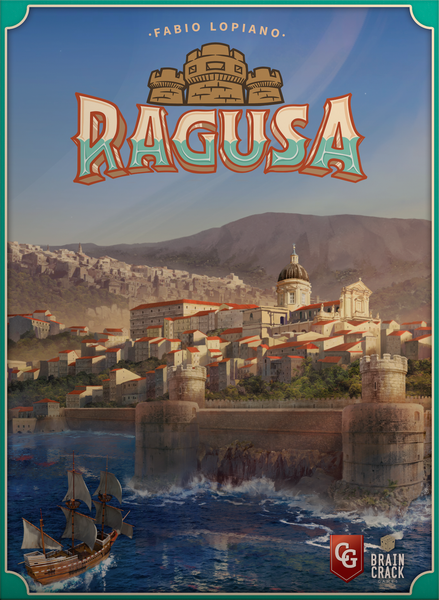
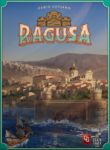
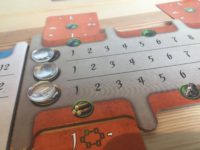
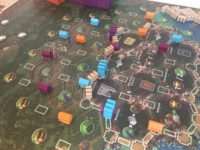

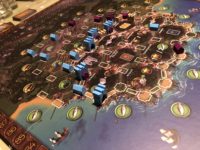


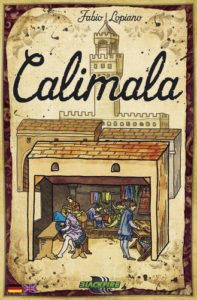
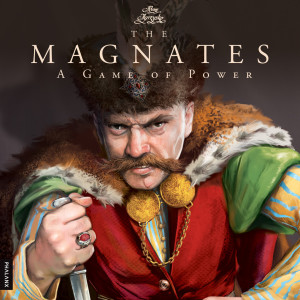
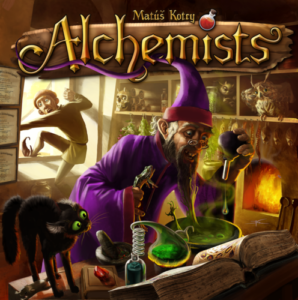
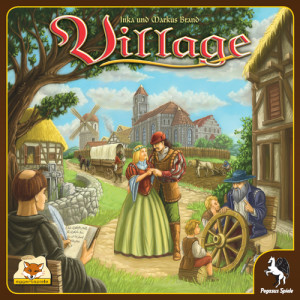
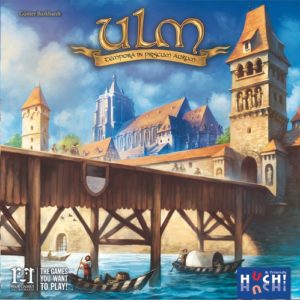
Sam says
Ragusa's action-selection jiggery-pokery is an evolution of this designer's Calimala, where taking an action often triggers actions for other players. But whereas Calimala was actually a deceptively simple game - certainly in terms of rules - Ragusa is slightly more fiddly, and the various scoring methods, bonus actions, and visually busy board mean it's not particularly intuitive to learn or teach - and it also means play is prone to pauses whilst everyone figures out their best next move. That said, the pauses are counterbalanced by the fact that in the late-game, you often get actions on other peoples turns. But whereas Calimala speeds up in a kind of bell-curve of exponential action, Ragusa has a kind of fitful pace to it. I can see how this system is more intricate and allows for more variation - but for me, Calimala is just more fun.